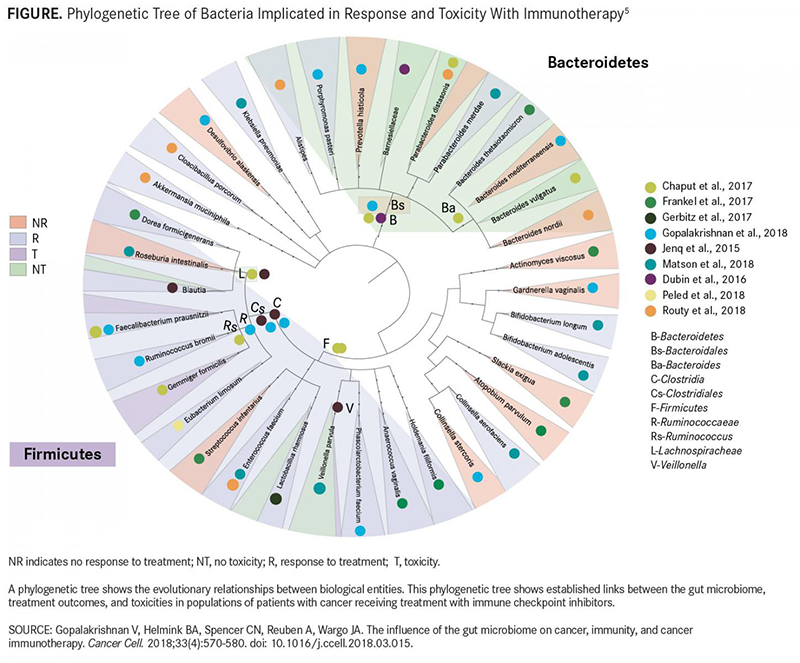 A recent article published in Targeted Oncology highlights the role of the composition of the gut microbiome in cancer progression and the innate immune response. Specifically, researchers compared the progression of melanoma in two different groups of mice with distinctly different microbiome compositions. They found that in the group that had a higher abundance of Bifidobacterium there was an enhanced immune response upon the introduction of melanoma. To test whether or not adding this bacterium to the second group of mice would change their response to the same form of cancer, they introduced it orally and noted an improvement in their innate immune response:
A recent article published in Targeted Oncology highlights the role of the composition of the gut microbiome in cancer progression and the innate immune response. Specifically, researchers compared the progression of melanoma in two different groups of mice with distinctly different microbiome compositions. They found that in the group that had a higher abundance of Bifidobacterium there was an enhanced immune response upon the introduction of melanoma. To test whether or not adding this bacterium to the second group of mice would change their response to the same form of cancer, they introduced it orally and noted an improvement in their innate immune response:
"Researchers' understanding of why patients with cancer do or do not respond to treatment with immune checkpoint inhibition is constantly evolving, with new developments in innate and adaptive immunity, the tumor microenvironment, and more changing the way that immunotherapy is viewed and used. Many researchers are now pointing to the effect that gut microbiota have on patients' response to checkpoint inhibitors and its implications for the treatment of patients receiving immunotherapy.
The first major papers to show that gut microbiota may help determine which patients with cancer respond to checkpoint blockades appeared in Science 3 years ago."
Read* the complete article at: Targetedonc.com
The first major papers to show that gut microbiota may help determine which patients with cancer respond to checkpoint blockades appeared in Science 3 years ago."






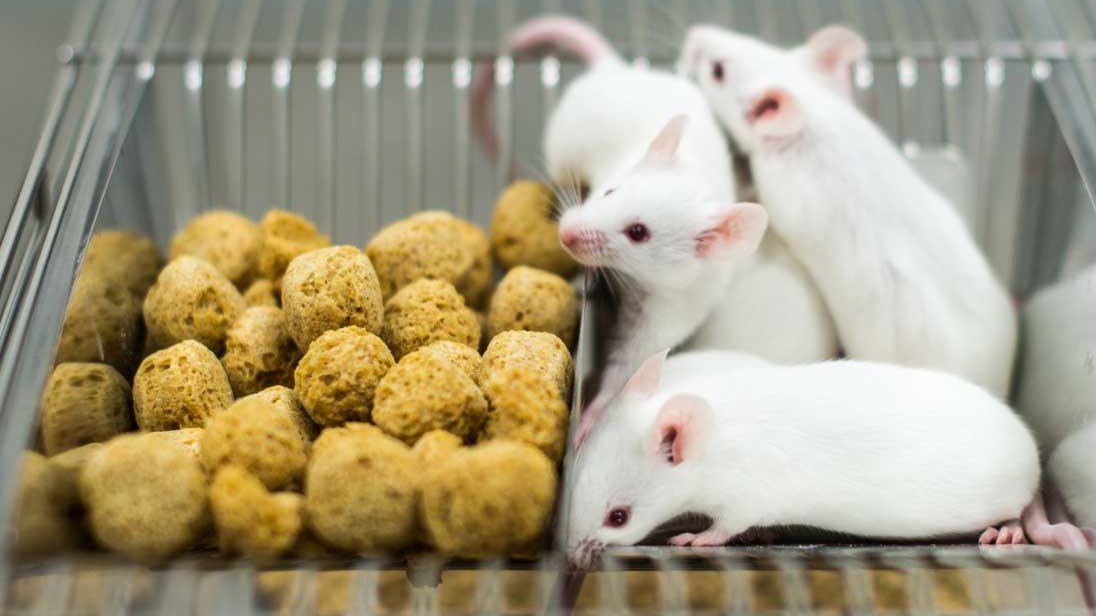
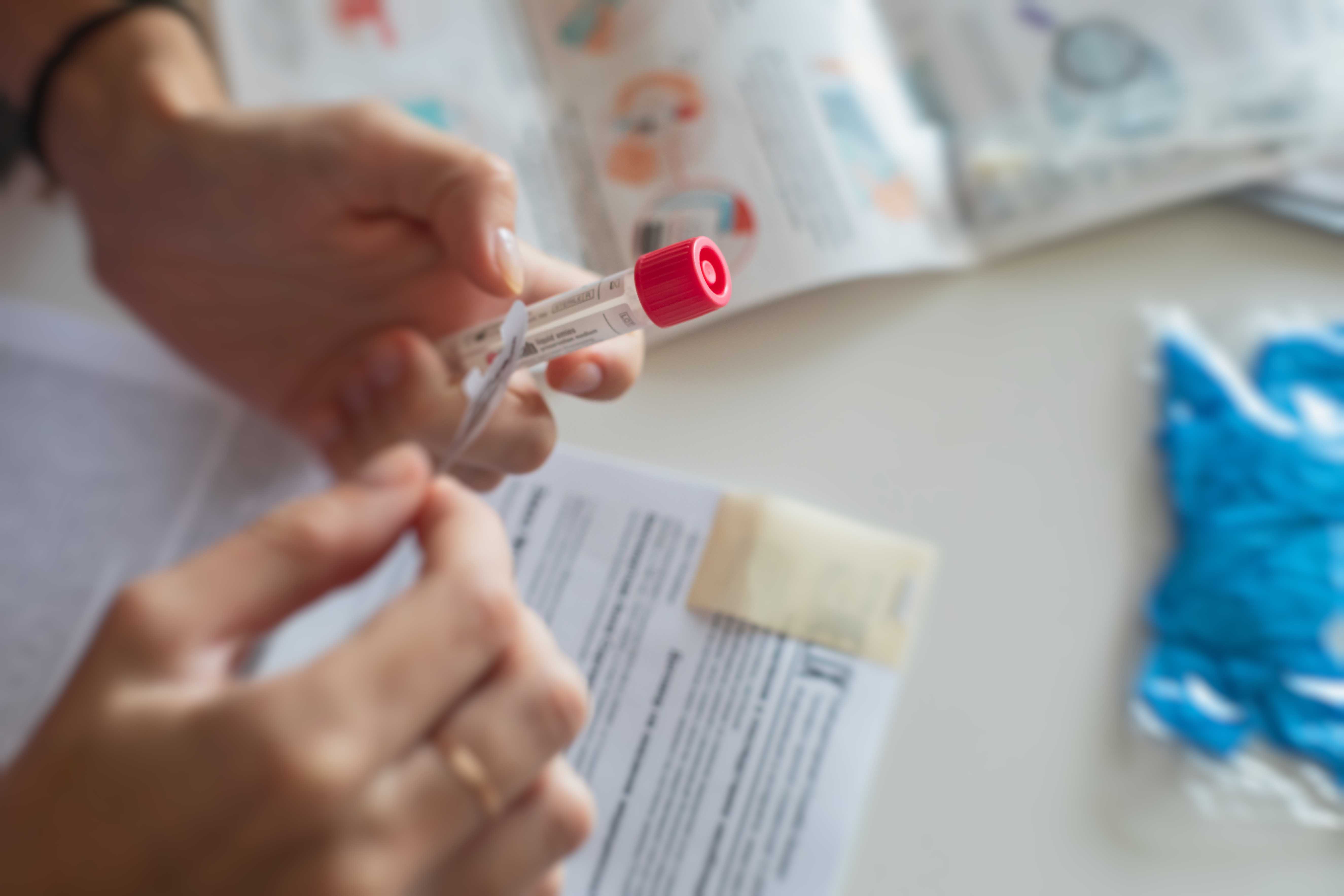







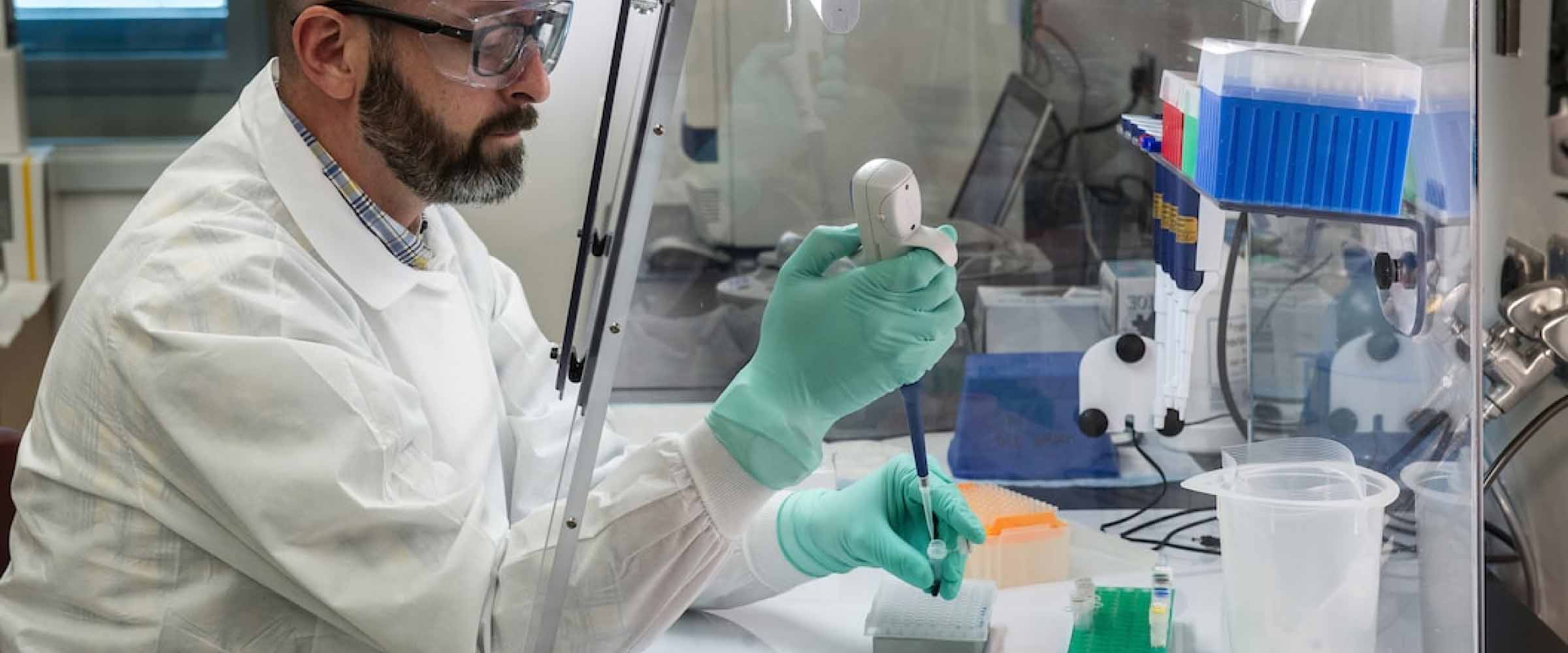
.jpg)

.jpg)
.jpg)
.jpg)
.jpg)
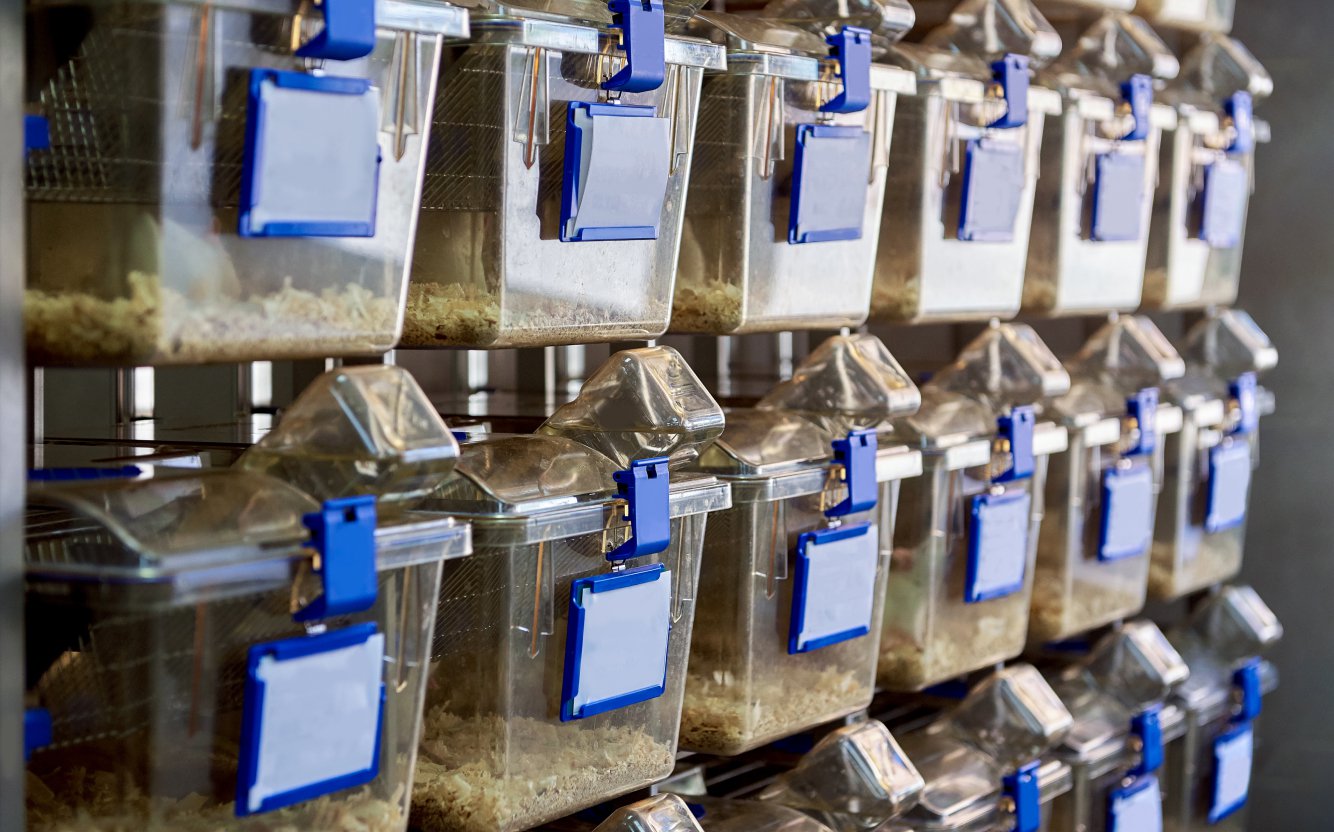
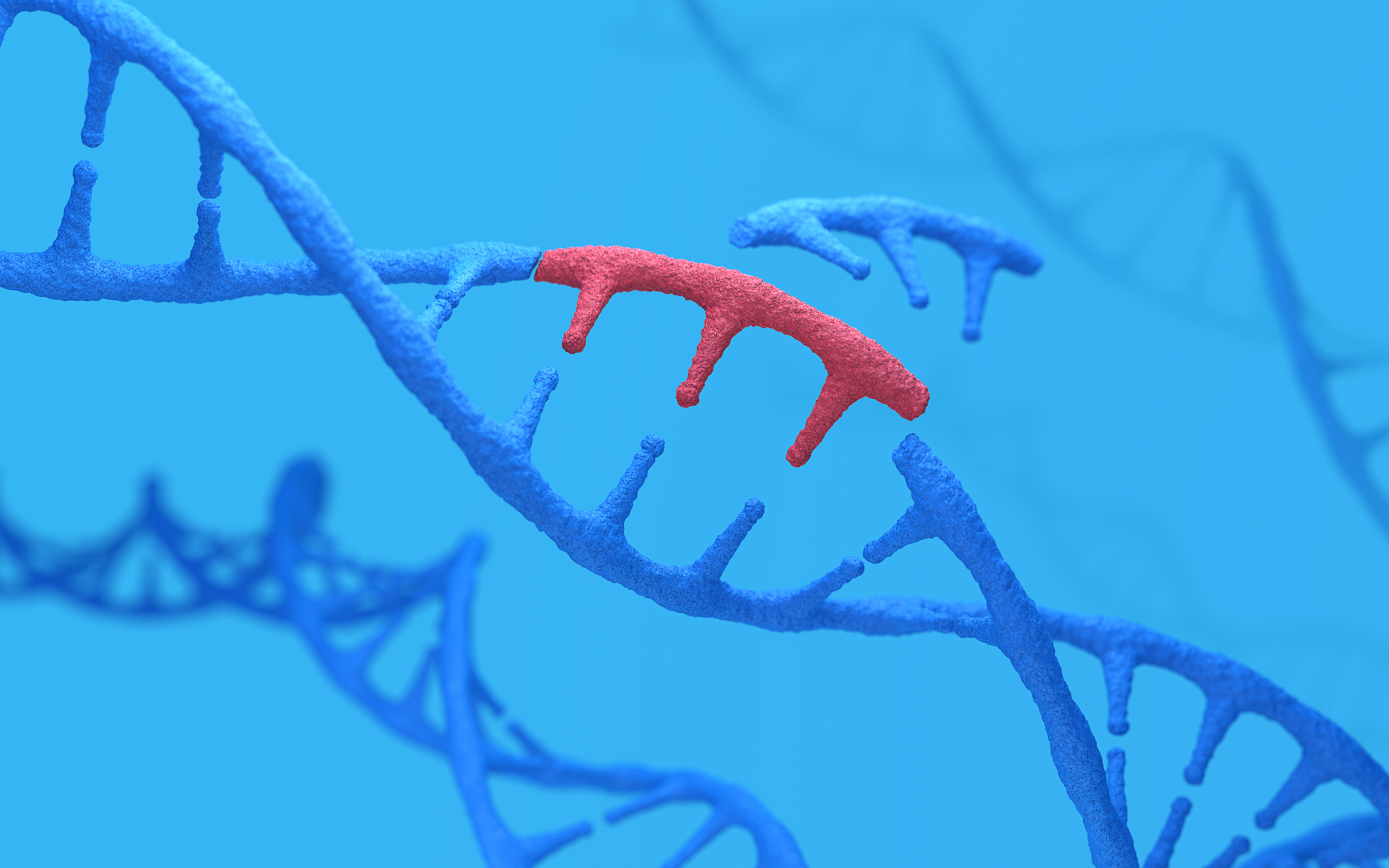
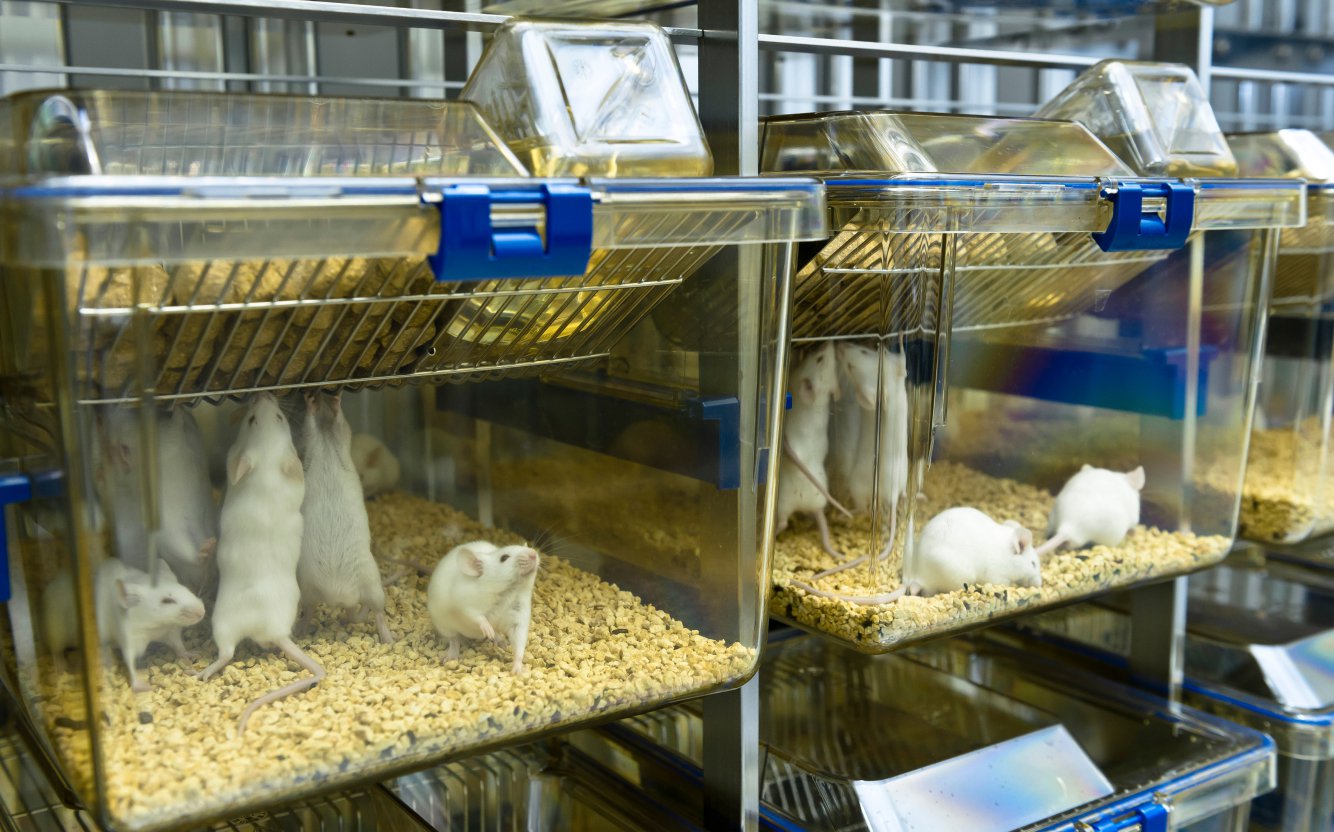


.jpg)

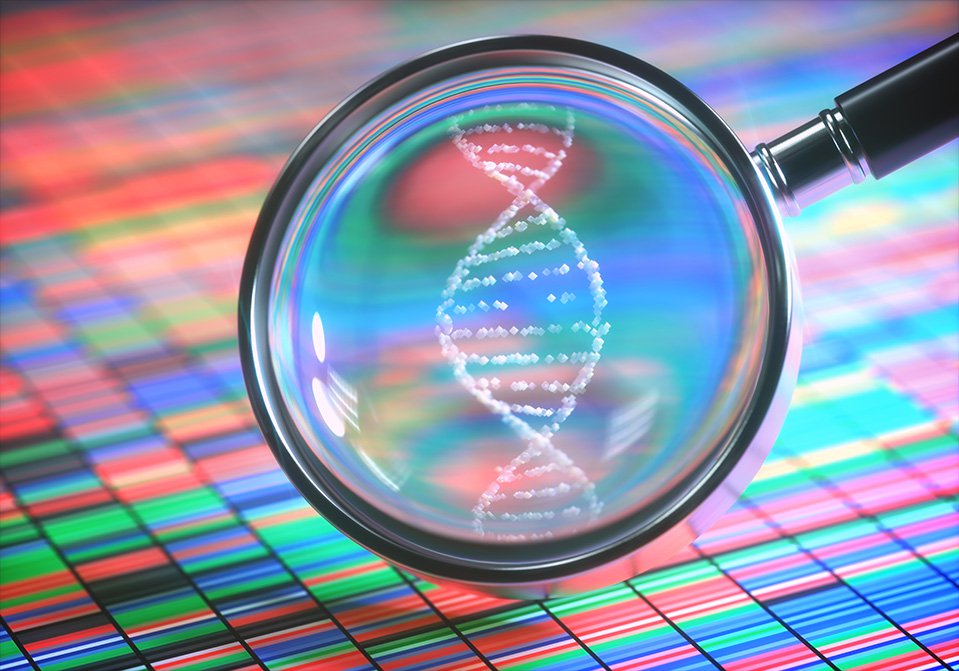
.jpg)
.jpg)

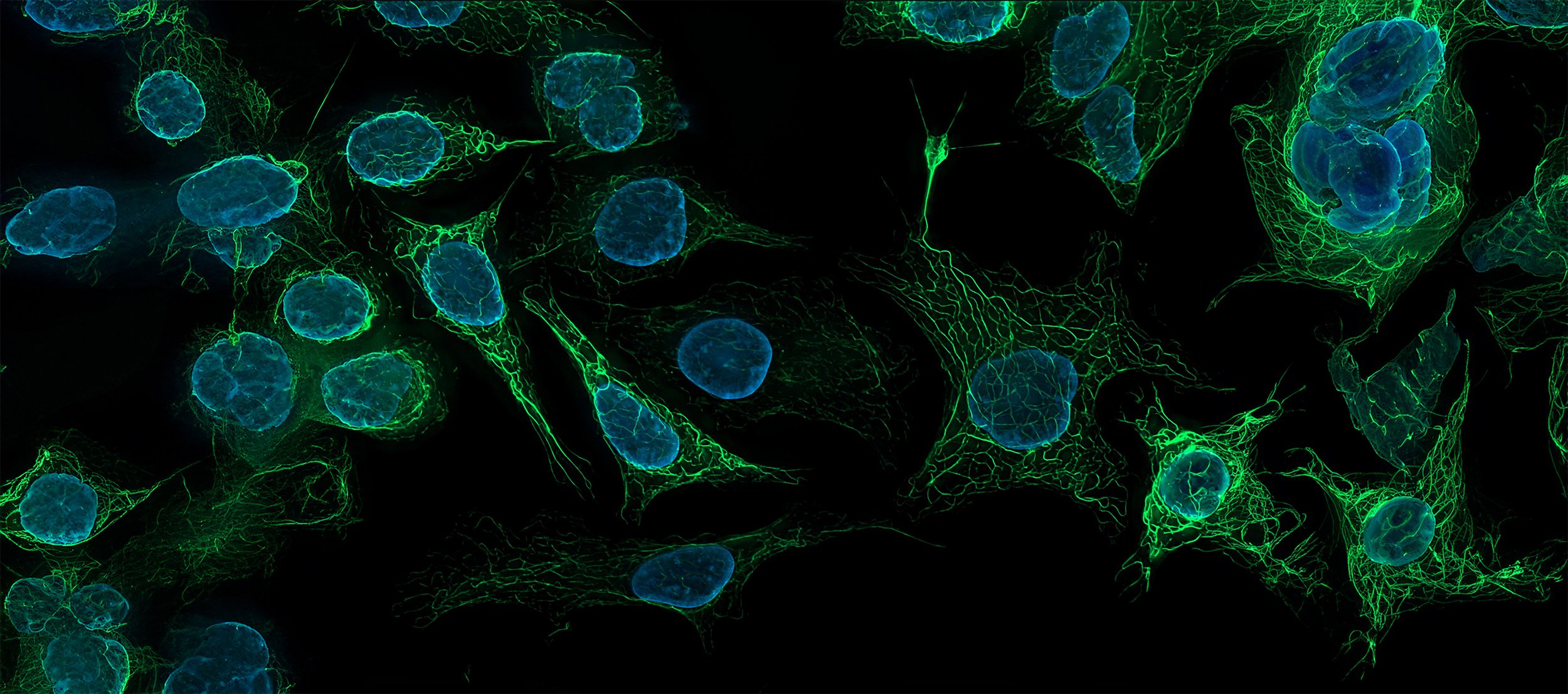

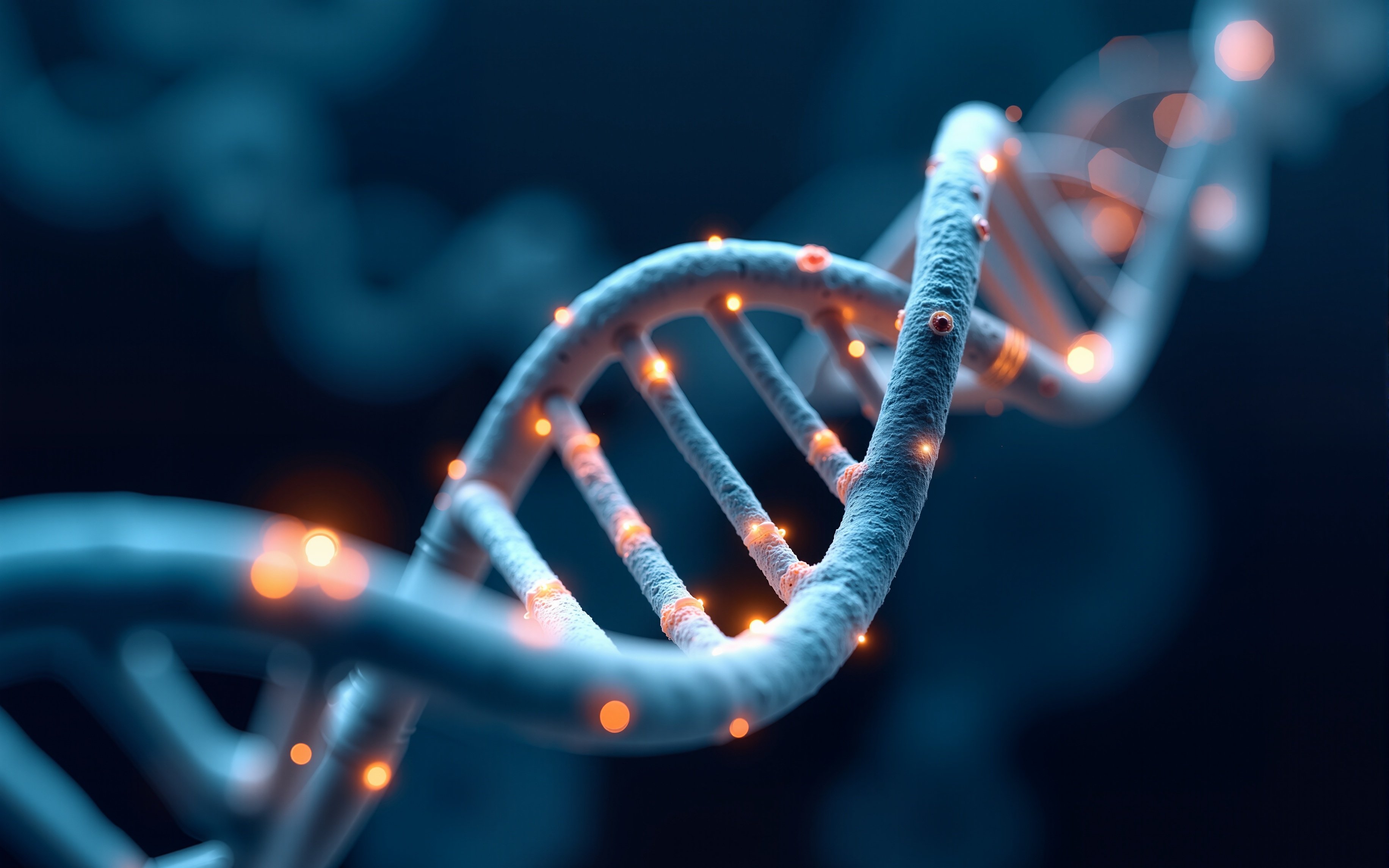
.jpg)

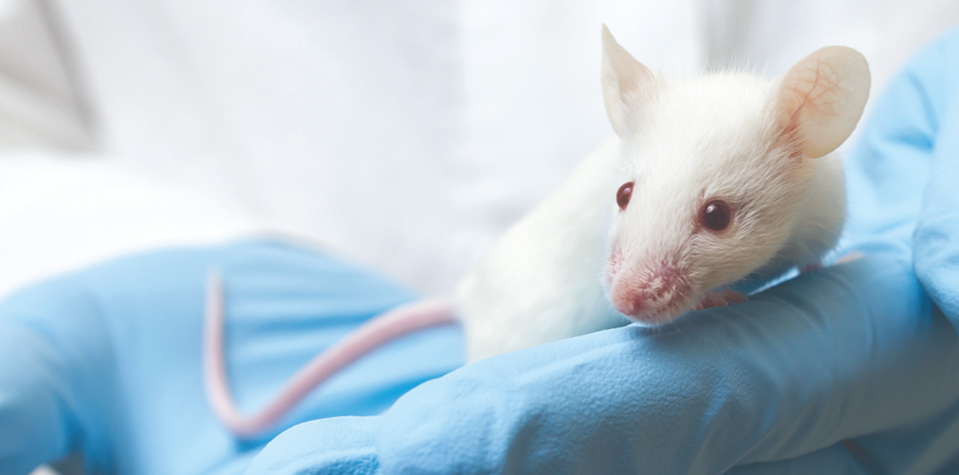

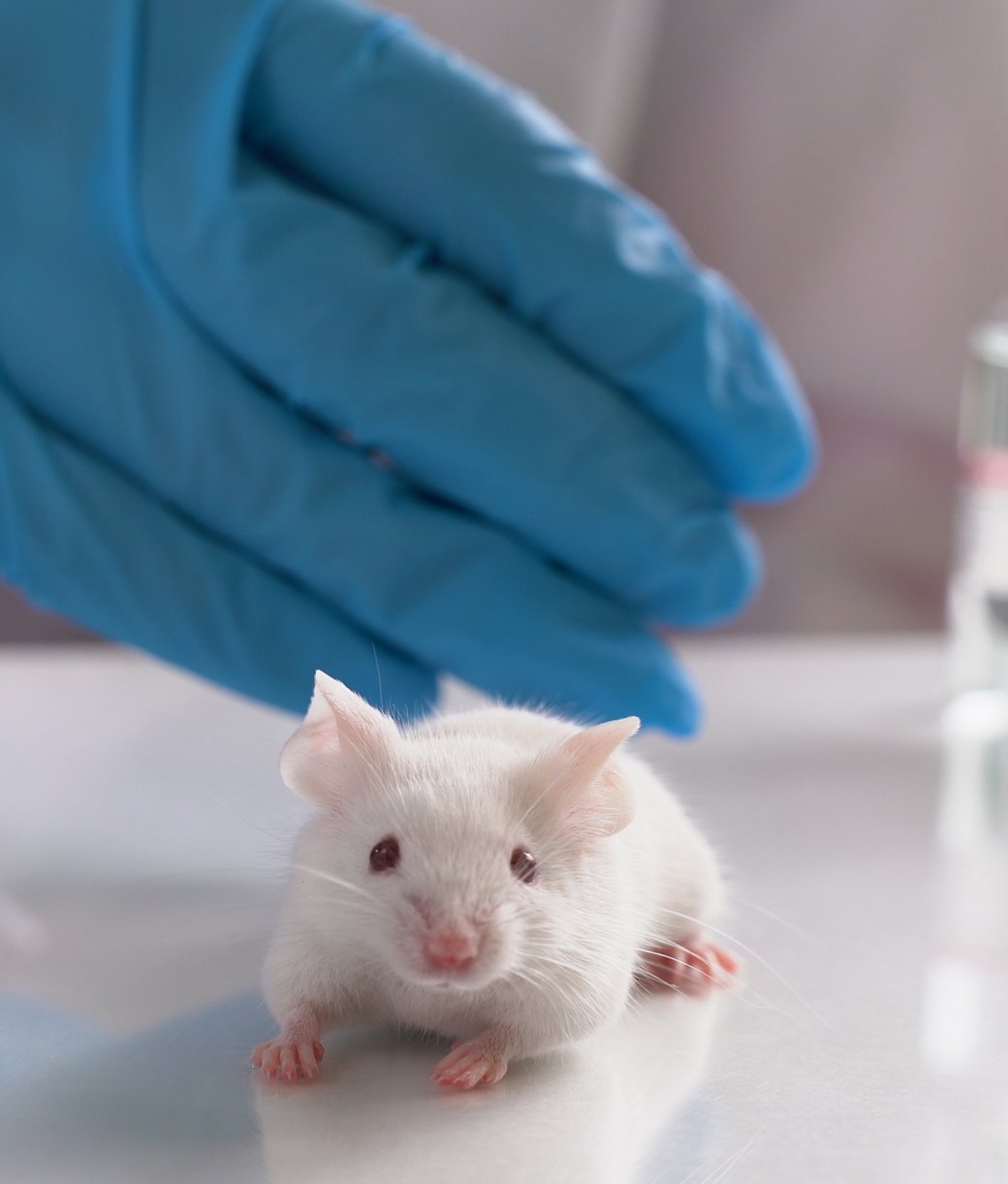

.jpg)

.jpg)


